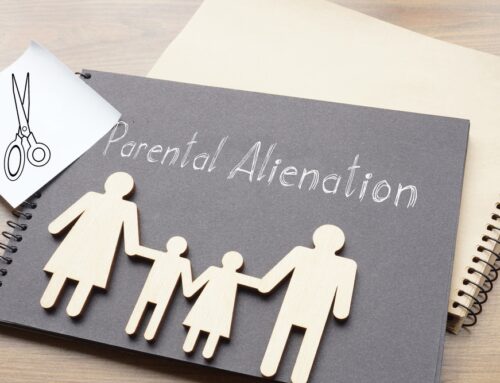To throw another spanner in the works when it comes to separated couples co-parenting their children, the COVID vaccine is sparking some serious debate. To clear a few heated debates up, we’re here to provide clarity on what claims parents can and can’t make on the decision for children to have the COVID vaccine.
Firstly, children who are 16 and 17 are classed as having the capacity to consent to medical treatment by themselves: including vaccinations. So for any parent, separated or not – if you and your teenager have different opinions on the matter, you need to respect their wishes. For under 16’s though, here’s where it gets a little murky…
Under 16’s and the COVID vaccine
Children can be classed as Gillick competent. This means that based on the individual: if they have an understanding of the treatment they are receiving, the risks and benefits related and are able to explain why they want to receive the treatment – they are Gillick competent.
If they are deemed to be Gillick competent, the child can then make the decision themselves on if they want the medical treatment. For those who aren’t Gillick competent, those with parental responsibility will need to make the decision of whether the child receives medical treatment.
When those with parental responsibility disagree
It’s common that when those with parental responsibility disagree on whether a child should receive medical treatment, in this case, have a vaccination, the vaccination will NOT be administered without an order from the court.
The court when making this decision should consider the welfare of the child as the first point.
The court considers
- The ability to make decisions for those with parental responsibility: whether the reasons for their point of view are relevant to the child and are aimed at meeting the needs of the child
- The physical needs of the child
- The emotional needs of the child
- The educational needs of the child
- The feelings of the child: whether they have any opinions on the matter (depending on age and understanding)
- The child’s age and therefore risk
- The child’s health: whether they have any conditions which could put them more at risk
- The sex of the child and whether this has an impact
- The background of the child: this could include ethnicity and whether this has an impact
- Any other characteristics which could have an impact on the child
If a case does end up going to court, those with parental responsibility’s views are only relevant if they have real relevance to the welfare and wellbeing of the child.
External factors
Medical professionals can also dispute the decision of those with parental responsibility if they believe that the decision is not based on the best interests of the child. In this case, they would have to make an application for a court order to determine whether the child receives the vaccine.
For many children 12-15 the vaccinations will be administered like any other, in school as this is affected and the natural pace where children gather.
The role of schools will be limited, giving out information on where vaccinations will be given, when, and consent forms to parents and guardians.
To discuss any questions or queries you have with our Family Law team, please get in touch at info@beestonshenton.co.uk




